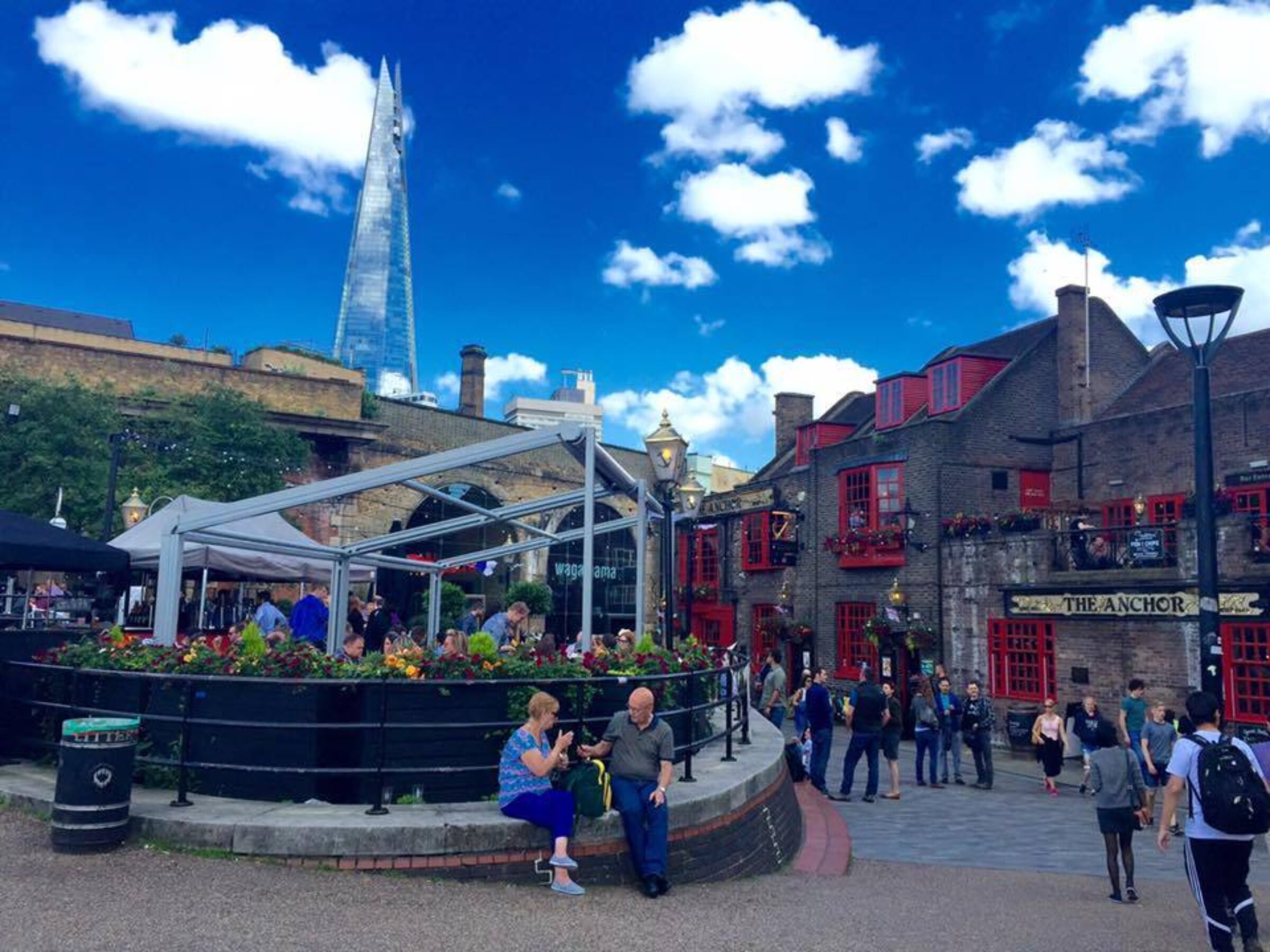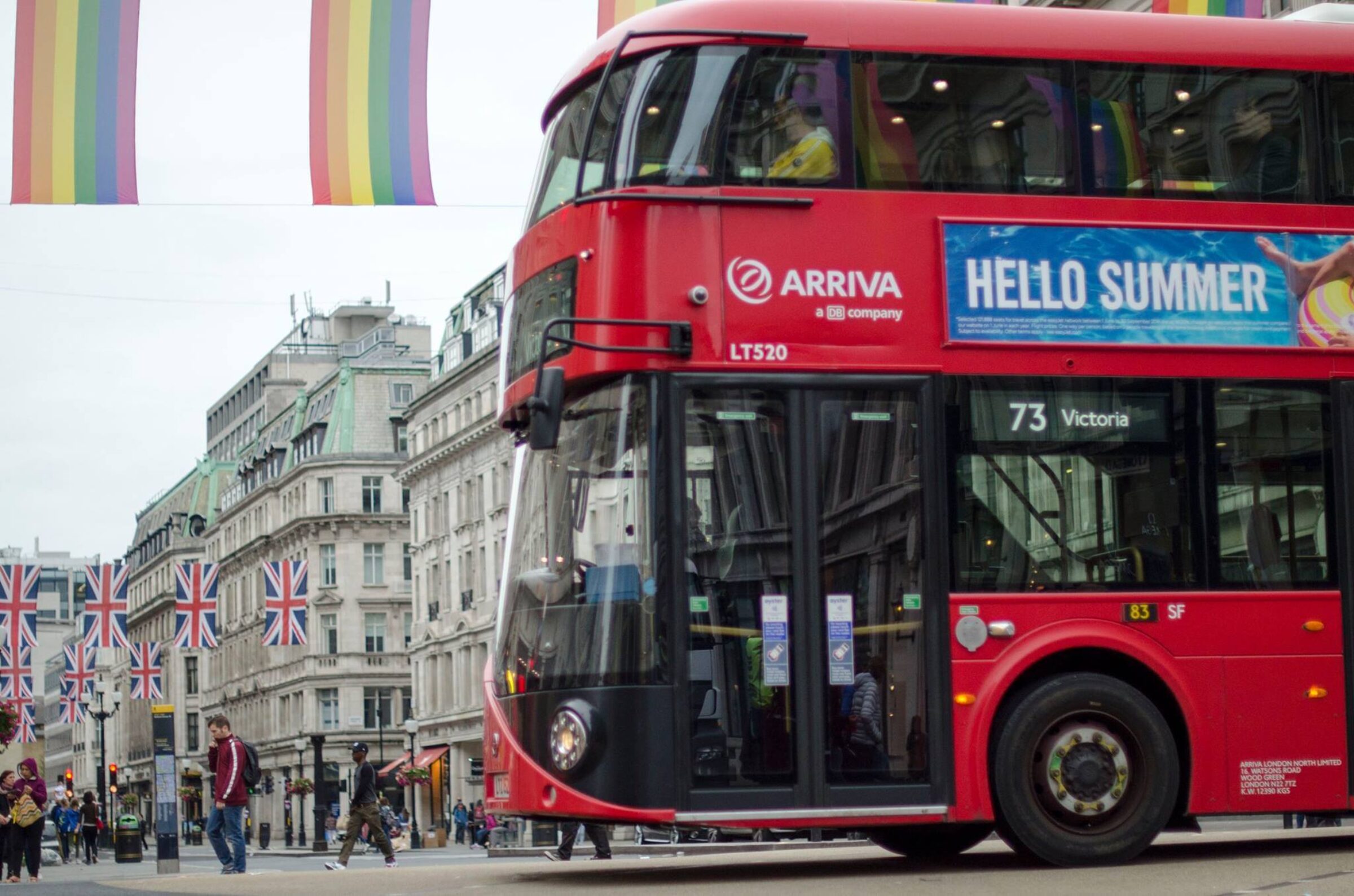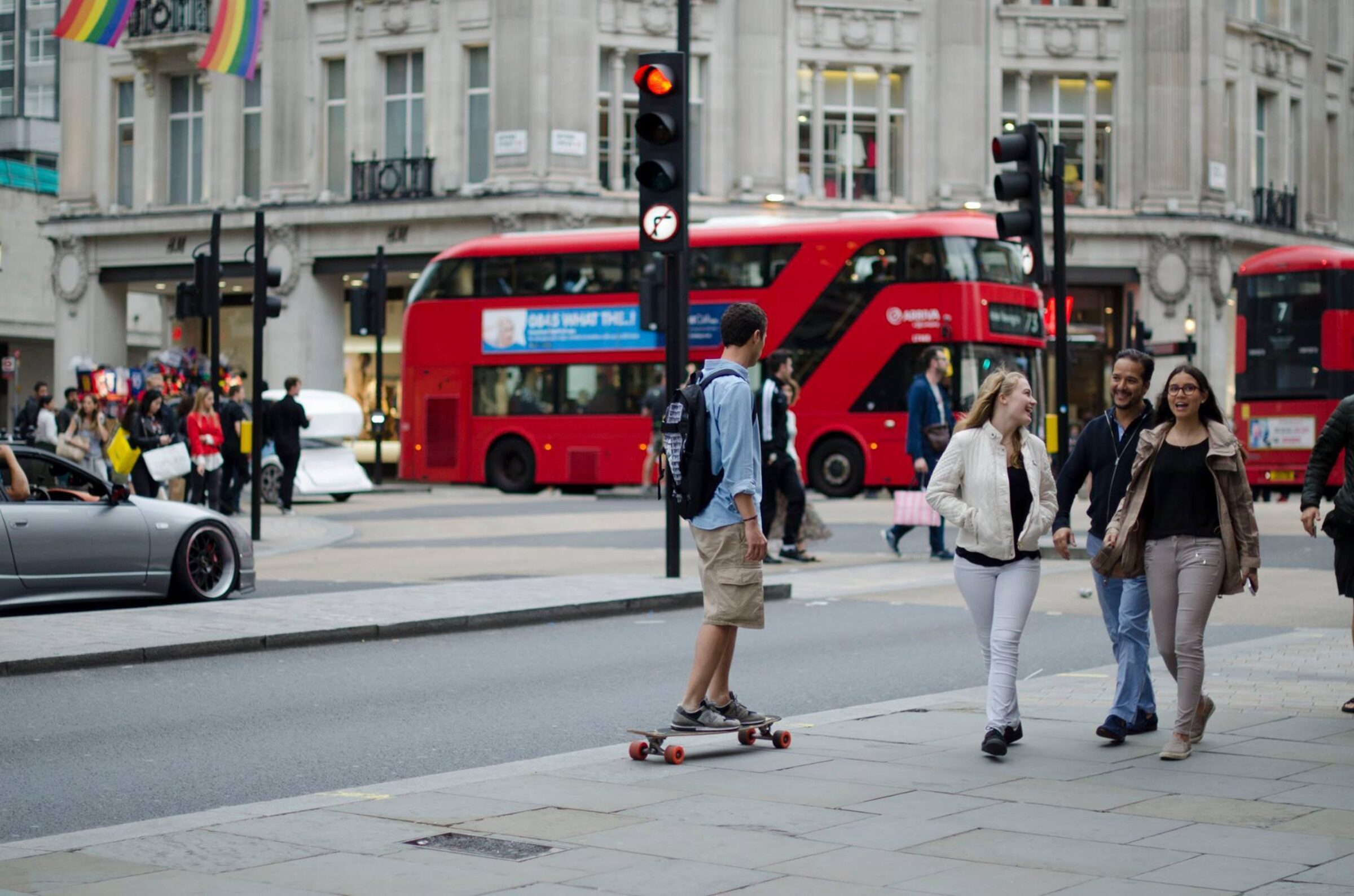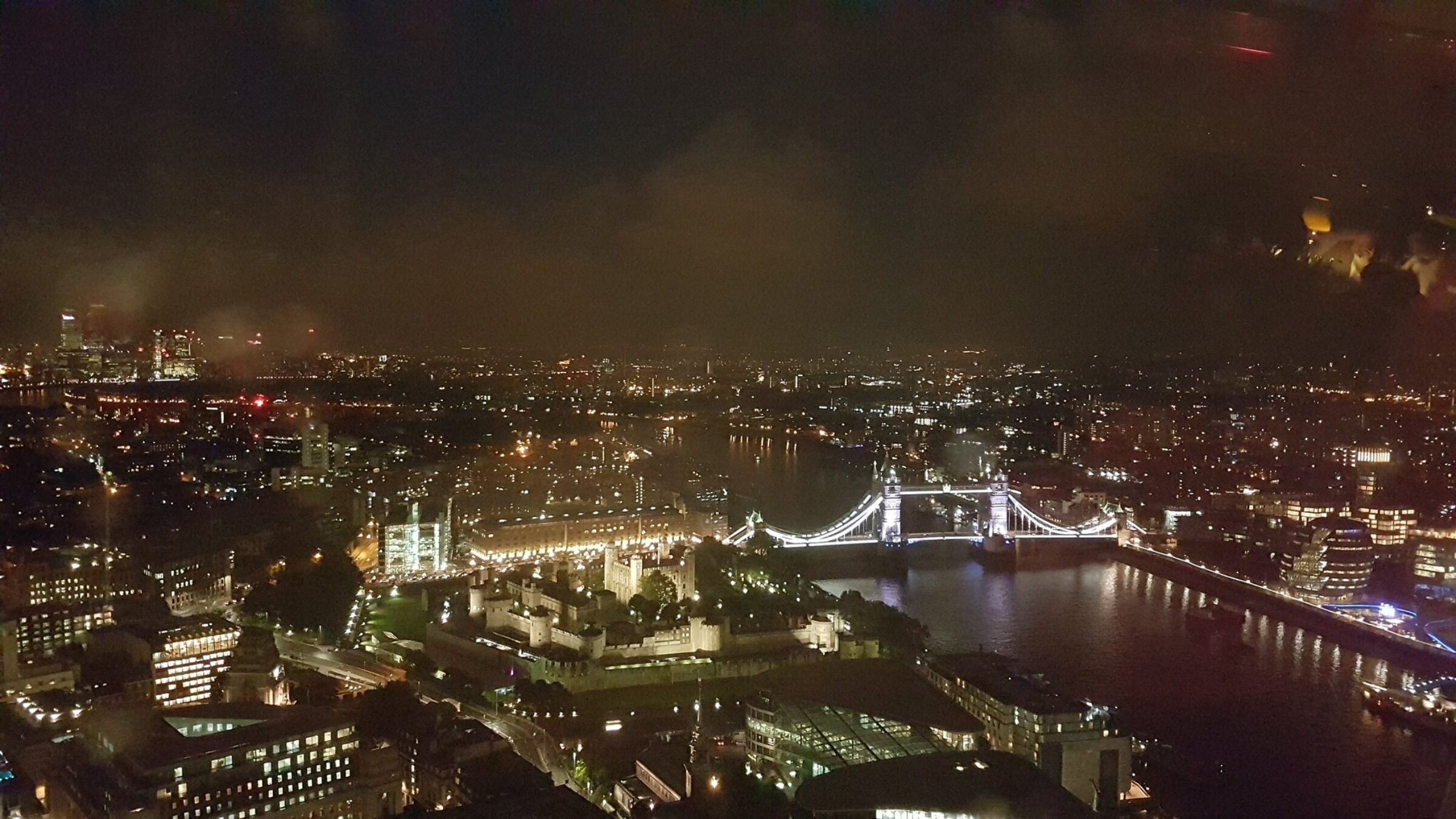Tackling Climate Change Together

By Rachel Rowland ( ABC School’s Academic Coordinator )
Climate change certainly seems to be the topic of discussion right now. All around the world, people are protesting in their thousands in order to try and persuade governments about the severity of the situation our planet is in, and in doing so protestors hope that world leaders will act now to try and solve this global crisis.
Although we as individuals cannot tackle the crisis alone, there are changes that we can make in our daily lives that will have a positive impact on the future of our world.
 Limiting the use of fossil fuels
Fossil fuels are natural fuels, such as coal or gas, formed in the geological past from the remains of living organisms. When burned, they release toxins which are dangerous to public health and to the environment. So, what can we do to limit their use?
According to the Lund University Centre for Sustainability Studies ( LUCSUS ) in Sweden, we need to cut CO2 emissions by around 45% within the next ten years and they believe that we can all help to achieve this goal by making some changes. For example:
Limiting the use of fossil fuels
Fossil fuels are natural fuels, such as coal or gas, formed in the geological past from the remains of living organisms. When burned, they release toxins which are dangerous to public health and to the environment. So, what can we do to limit their use?
According to the Lund University Centre for Sustainability Studies ( LUCSUS ) in Sweden, we need to cut CO2 emissions by around 45% within the next ten years and they believe that we can all help to achieve this goal by making some changes. For example:
 Driving and flying less
Cars are more polluting compared to biking or using public transport. In addition, planes run on fossil fuels and give out around 0.5 kilograms of CO2 every 1.6 kilometres. The amount of CO2 emitted on one trip to India by plane would take two trees 99 years to absorb.
Driving and flying less
Cars are more polluting compared to biking or using public transport. In addition, planes run on fossil fuels and give out around 0.5 kilograms of CO2 every 1.6 kilometres. The amount of CO2 emitted on one trip to India by plane would take two trees 99 years to absorb.
 Switching to a ‘green’ energy provider
Although the decision to switch to cleaner energy may not be yours to make, especially if you are living in rented accommodation, you could choose to switch to 100% renewable power one day. Renewable energies, such as wind energy and solar energy are low-carbon energy sources. When a wind turbine generates electricity, it produces zero carbon emissions. Another good way to reduce your carbon footprint?
Switching to a ‘green’ energy provider
Although the decision to switch to cleaner energy may not be yours to make, especially if you are living in rented accommodation, you could choose to switch to 100% renewable power one day. Renewable energies, such as wind energy and solar energy are low-carbon energy sources. When a wind turbine generates electricity, it produces zero carbon emissions. Another good way to reduce your carbon footprint?
 Changing what you eat and buy
After fossil fuels, the food industry, specifically meat and dairy industries, is one of the most important contributors to climate change. But why blame the cows? The issue is that cows’ burping, which is caused by processing their food, releases lots of methane, a greenhouse gas. I’m not saying that you have to become a vegetarian but just by reducing the amount of meat that you eat by 50%, could cut your diet’s carbon footprint by more than 40%.
In terms of shopping, everything we buy has a carbon footprint. This is due to how items are produced and transported. The clothing industry is responsible for around 3% of the world’s CO2 emissions. This is mainly due to the energy needed to produce the items we wear. Before you go shopping for a new outfit, ask yourself if you really need it. Fashions come and go so quickly and decent clothing is thrown away when it is no longer considered fashionable. Trying to buy less and keeping the clothes you already have rather than throwing them away, would reduce your carbon footprint. Why not take your unwanted items to a clothing bank or a charity shop where they can be recycled?
Changing what you eat and buy
After fossil fuels, the food industry, specifically meat and dairy industries, is one of the most important contributors to climate change. But why blame the cows? The issue is that cows’ burping, which is caused by processing their food, releases lots of methane, a greenhouse gas. I’m not saying that you have to become a vegetarian but just by reducing the amount of meat that you eat by 50%, could cut your diet’s carbon footprint by more than 40%.
In terms of shopping, everything we buy has a carbon footprint. This is due to how items are produced and transported. The clothing industry is responsible for around 3% of the world’s CO2 emissions. This is mainly due to the energy needed to produce the items we wear. Before you go shopping for a new outfit, ask yourself if you really need it. Fashions come and go so quickly and decent clothing is thrown away when it is no longer considered fashionable. Trying to buy less and keeping the clothes you already have rather than throwing them away, would reduce your carbon footprint. Why not take your unwanted items to a clothing bank or a charity shop where they can be recycled?
 Recycling
Throwing things away is a waste of the energy and the resources taken to make the product. We should be trying our best to buy products which have less packaging. The energy used to produce packaging and then the energy used to transport the packaged goods to supermarkets is unreal. Then, if you throw the packaging away, a large truck will have to collect it from your home, which again uses up a lot of energy. Eventually, your packaging ends up at a landfill site, which takes up more space. In light of this information, what can you do to make a difference?
Recycling
Throwing things away is a waste of the energy and the resources taken to make the product. We should be trying our best to buy products which have less packaging. The energy used to produce packaging and then the energy used to transport the packaged goods to supermarkets is unreal. Then, if you throw the packaging away, a large truck will have to collect it from your home, which again uses up a lot of energy. Eventually, your packaging ends up at a landfill site, which takes up more space. In light of this information, what can you do to make a difference?
 Re-use
Try to re-use products if you can. If you buy a bottle of water, don’t throw the bottle away after you have finished drinking. Re-use the same bottle. Wear clothes again and again. Don’t just buy an item of clothing and wear it only once or twice.
Recycle as much as you can. Recycling uses less energy and produces less pollution than making things from scratch. Many things can be recycled, from aluminium cans to glass bottles to your old clothing. If you want to check your local recycling options, there are websites you can use to find out where to take your cans, bottles, paper etc. One website called recyclenow.com is an option. You just need to enter your postcode to find out where you can take your items to be recycled. You should also have home recycling bins that you can use to put waste in, such as garden waste and food, as well as other bins for paper, cans and bottles. How many bins you have and the service you are provided depends on where you live. Contact your local council to find out if you are not sure. There are also many recycling banks across the U.K, in streets and supermarkets, that can be used to recycle your waste.
As you can see, there are many ways to reduce your carbon footprint. It is easy to believe that one person’s efforts do not matter, but if we all made a few changes, we could make a huge difference. To quote the Swedish, 16 year old political activist Greta Thunberg - “ You are never too small to make a difference.”
Re-use
Try to re-use products if you can. If you buy a bottle of water, don’t throw the bottle away after you have finished drinking. Re-use the same bottle. Wear clothes again and again. Don’t just buy an item of clothing and wear it only once or twice.
Recycle as much as you can. Recycling uses less energy and produces less pollution than making things from scratch. Many things can be recycled, from aluminium cans to glass bottles to your old clothing. If you want to check your local recycling options, there are websites you can use to find out where to take your cans, bottles, paper etc. One website called recyclenow.com is an option. You just need to enter your postcode to find out where you can take your items to be recycled. You should also have home recycling bins that you can use to put waste in, such as garden waste and food, as well as other bins for paper, cans and bottles. How many bins you have and the service you are provided depends on where you live. Contact your local council to find out if you are not sure. There are also many recycling banks across the U.K, in streets and supermarkets, that can be used to recycle your waste.
As you can see, there are many ways to reduce your carbon footprint. It is easy to believe that one person’s efforts do not matter, but if we all made a few changes, we could make a huge difference. To quote the Swedish, 16 year old political activist Greta Thunberg - “ You are never too small to make a difference.”

 Limiting the use of fossil fuels
Fossil fuels are natural fuels, such as coal or gas, formed in the geological past from the remains of living organisms. When burned, they release toxins which are dangerous to public health and to the environment. So, what can we do to limit their use?
According to the Lund University Centre for Sustainability Studies ( LUCSUS ) in Sweden, we need to cut CO2 emissions by around 45% within the next ten years and they believe that we can all help to achieve this goal by making some changes. For example:
Limiting the use of fossil fuels
Fossil fuels are natural fuels, such as coal or gas, formed in the geological past from the remains of living organisms. When burned, they release toxins which are dangerous to public health and to the environment. So, what can we do to limit their use?
According to the Lund University Centre for Sustainability Studies ( LUCSUS ) in Sweden, we need to cut CO2 emissions by around 45% within the next ten years and they believe that we can all help to achieve this goal by making some changes. For example:
 Driving and flying less
Cars are more polluting compared to biking or using public transport. In addition, planes run on fossil fuels and give out around 0.5 kilograms of CO2 every 1.6 kilometres. The amount of CO2 emitted on one trip to India by plane would take two trees 99 years to absorb.
Driving and flying less
Cars are more polluting compared to biking or using public transport. In addition, planes run on fossil fuels and give out around 0.5 kilograms of CO2 every 1.6 kilometres. The amount of CO2 emitted on one trip to India by plane would take two trees 99 years to absorb.
 Switching to a ‘green’ energy provider
Although the decision to switch to cleaner energy may not be yours to make, especially if you are living in rented accommodation, you could choose to switch to 100% renewable power one day. Renewable energies, such as wind energy and solar energy are low-carbon energy sources. When a wind turbine generates electricity, it produces zero carbon emissions. Another good way to reduce your carbon footprint?
Switching to a ‘green’ energy provider
Although the decision to switch to cleaner energy may not be yours to make, especially if you are living in rented accommodation, you could choose to switch to 100% renewable power one day. Renewable energies, such as wind energy and solar energy are low-carbon energy sources. When a wind turbine generates electricity, it produces zero carbon emissions. Another good way to reduce your carbon footprint?
 Changing what you eat and buy
After fossil fuels, the food industry, specifically meat and dairy industries, is one of the most important contributors to climate change. But why blame the cows? The issue is that cows’ burping, which is caused by processing their food, releases lots of methane, a greenhouse gas. I’m not saying that you have to become a vegetarian but just by reducing the amount of meat that you eat by 50%, could cut your diet’s carbon footprint by more than 40%.
In terms of shopping, everything we buy has a carbon footprint. This is due to how items are produced and transported. The clothing industry is responsible for around 3% of the world’s CO2 emissions. This is mainly due to the energy needed to produce the items we wear. Before you go shopping for a new outfit, ask yourself if you really need it. Fashions come and go so quickly and decent clothing is thrown away when it is no longer considered fashionable. Trying to buy less and keeping the clothes you already have rather than throwing them away, would reduce your carbon footprint. Why not take your unwanted items to a clothing bank or a charity shop where they can be recycled?
Changing what you eat and buy
After fossil fuels, the food industry, specifically meat and dairy industries, is one of the most important contributors to climate change. But why blame the cows? The issue is that cows’ burping, which is caused by processing their food, releases lots of methane, a greenhouse gas. I’m not saying that you have to become a vegetarian but just by reducing the amount of meat that you eat by 50%, could cut your diet’s carbon footprint by more than 40%.
In terms of shopping, everything we buy has a carbon footprint. This is due to how items are produced and transported. The clothing industry is responsible for around 3% of the world’s CO2 emissions. This is mainly due to the energy needed to produce the items we wear. Before you go shopping for a new outfit, ask yourself if you really need it. Fashions come and go so quickly and decent clothing is thrown away when it is no longer considered fashionable. Trying to buy less and keeping the clothes you already have rather than throwing them away, would reduce your carbon footprint. Why not take your unwanted items to a clothing bank or a charity shop where they can be recycled?
 Recycling
Throwing things away is a waste of the energy and the resources taken to make the product. We should be trying our best to buy products which have less packaging. The energy used to produce packaging and then the energy used to transport the packaged goods to supermarkets is unreal. Then, if you throw the packaging away, a large truck will have to collect it from your home, which again uses up a lot of energy. Eventually, your packaging ends up at a landfill site, which takes up more space. In light of this information, what can you do to make a difference?
Recycling
Throwing things away is a waste of the energy and the resources taken to make the product. We should be trying our best to buy products which have less packaging. The energy used to produce packaging and then the energy used to transport the packaged goods to supermarkets is unreal. Then, if you throw the packaging away, a large truck will have to collect it from your home, which again uses up a lot of energy. Eventually, your packaging ends up at a landfill site, which takes up more space. In light of this information, what can you do to make a difference?
 Re-use
Try to re-use products if you can. If you buy a bottle of water, don’t throw the bottle away after you have finished drinking. Re-use the same bottle. Wear clothes again and again. Don’t just buy an item of clothing and wear it only once or twice.
Recycle as much as you can. Recycling uses less energy and produces less pollution than making things from scratch. Many things can be recycled, from aluminium cans to glass bottles to your old clothing. If you want to check your local recycling options, there are websites you can use to find out where to take your cans, bottles, paper etc. One website called recyclenow.com is an option. You just need to enter your postcode to find out where you can take your items to be recycled. You should also have home recycling bins that you can use to put waste in, such as garden waste and food, as well as other bins for paper, cans and bottles. How many bins you have and the service you are provided depends on where you live. Contact your local council to find out if you are not sure. There are also many recycling banks across the U.K, in streets and supermarkets, that can be used to recycle your waste.
As you can see, there are many ways to reduce your carbon footprint. It is easy to believe that one person’s efforts do not matter, but if we all made a few changes, we could make a huge difference. To quote the Swedish, 16 year old political activist Greta Thunberg - “ You are never too small to make a difference.”
Re-use
Try to re-use products if you can. If you buy a bottle of water, don’t throw the bottle away after you have finished drinking. Re-use the same bottle. Wear clothes again and again. Don’t just buy an item of clothing and wear it only once or twice.
Recycle as much as you can. Recycling uses less energy and produces less pollution than making things from scratch. Many things can be recycled, from aluminium cans to glass bottles to your old clothing. If you want to check your local recycling options, there are websites you can use to find out where to take your cans, bottles, paper etc. One website called recyclenow.com is an option. You just need to enter your postcode to find out where you can take your items to be recycled. You should also have home recycling bins that you can use to put waste in, such as garden waste and food, as well as other bins for paper, cans and bottles. How many bins you have and the service you are provided depends on where you live. Contact your local council to find out if you are not sure. There are also many recycling banks across the U.K, in streets and supermarkets, that can be used to recycle your waste.
As you can see, there are many ways to reduce your carbon footprint. It is easy to believe that one person’s efforts do not matter, but if we all made a few changes, we could make a huge difference. To quote the Swedish, 16 year old political activist Greta Thunberg - “ You are never too small to make a difference.”














